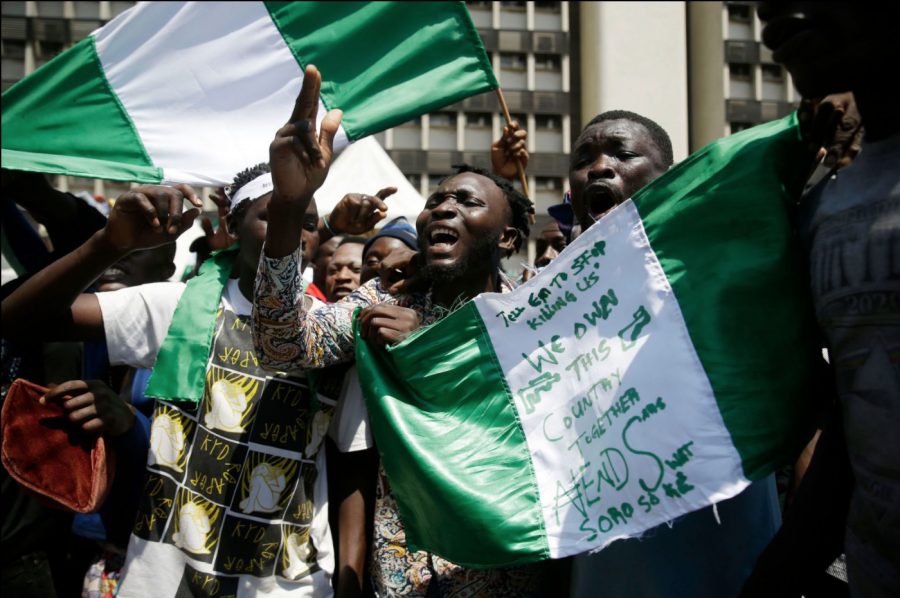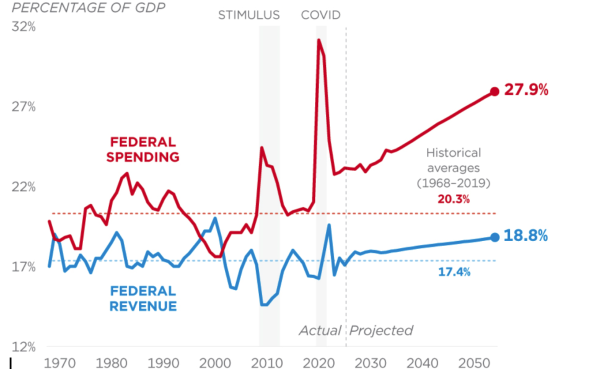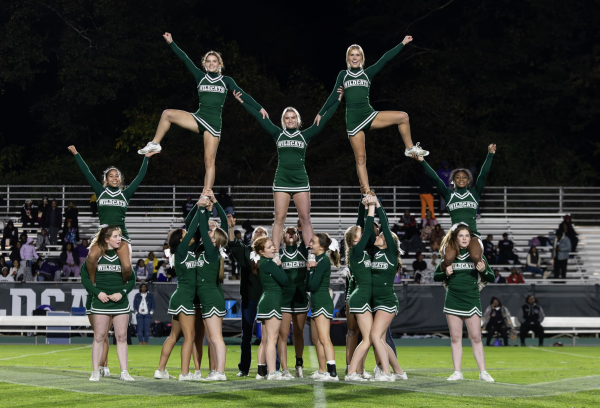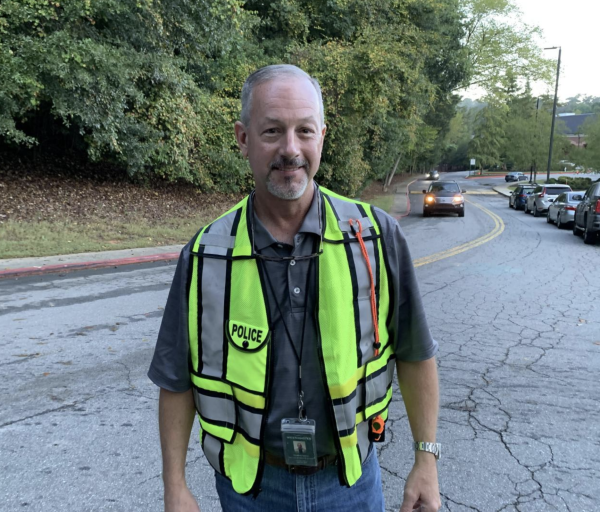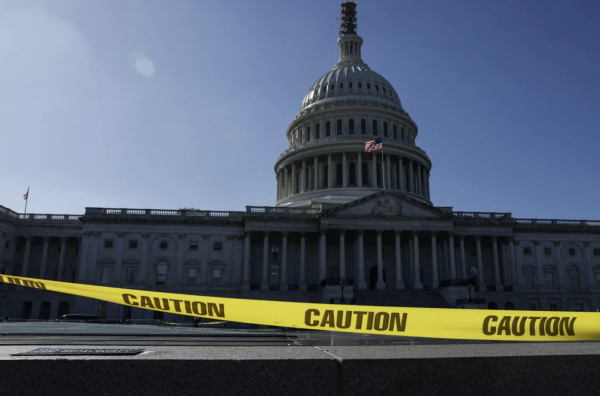End SARS movement intensifies as Nigerian government refuses to take action
Photo credit CNN
People hold banners and flags as they protest in Lagos, Nigeria, on October 20
Tens of thousands of Nigerians have recently taken to the streets to demand that the Nigerian government disband the Special Anti-Robbery Squad (SARS), a historically violent police unit that has allegedly extorted, harassed, abused, and killed thousands of innocent Nigerian civilians. In addition to disbanding SARS, protesters continue to urge the government to end police brutality and ensure peace and basic human rights for all Nigerian citizens.
“[Nigerians] are terrified of the police,” said Ade Onibada, a BuzzFeed news reporter who has conducted extensive research on police brutality and the End SARS movement. “They go out and wonder if they are going to make it home.”
Nationwide protests erupted in early October when a video of SARS operatives shooting and killing a young man circulated online. Since then, protesters and allies from all parts of the world have been calling for large-scale political reform within the Nigerian government. The End SARS movement has received global recognition on social media as well, with notable figures such as Hillary Clinton, Beyoncé, and Chimamanda Ngozi Adichie urging the Nigerian government to put a stop to police brutality.
On Oct. 12, after days of protests, the former military dictator and current president of Nigeria, Muhammadu Buhari, formally announced that the government would disband SARS.
“[The government] has listened to and carefully evaluated the five-point demands of the protesters… [and has] immediately scrapped SARS,” said Buhari.
The statement proposed by Buhari, however, was only a false promise. In previous years, the Nigerian government has issued similar misleading statements to the people when, in actuality, no steps have been taken to disband the SARS police unit. Furthermore, Buhari’s address mentioned that former members of SARS would be redeployed to other positions in the Nigerian police force. To aid in this process, the government has created a new police force called Special Weapons and Tactics (SWAT) that serves to replace SARS.
“This is not what people have asked for,” said Onibada. “Enough is enough. We’ve asked, we’ve begged, we’ve pleaded, we’ve petitioned, but [the government] doesn’t seem to hear us.”
Protesters are extremely unhappy with the government’s response and are continuing to protest for changes in the policing system.
The objectives of SARS seem fairly standard at first glance: the unit formed in 1992 to protect the community against kidnappings, armed robberies, and other illegal acts. However, the officers received the right to police based on one’s perceived profile, causing massive shifts in Nigeria’s already tenuous power equilibrium. In other words, members of SARS have the ability to arrest and justify detainment solely on the grounds of someone looking or acting suspicious.
“On one side, there are economic targets, and on the other side, there are stereotype targets,” said Onibada.
Onibada has noted how those who are wealthier in Nigeria tend to fall into the ‘economic target’ category. Many SARS operatives are poorly paid, so upon encountering affluent individuals, they detain them as an opportunity to extort them for money and later pass it off as the individual participating in “suspicious activity.”
The second type of people that SARS often targets are “stereotype targets.” These individuals have easily visible features or characteristics, such as brightly colored hair or tattoos. SARS also has a history of unlawfully detaining those who identify as a part of the LGBTQ+ community.
“It’s unfair what [SARS] is doing to the [Nigerian] people,” said freshman Tele Joshua, who identifies as Nigerian American. “It’s a good thing people are protesting against the system because if they didn’t, they would probably be in a worse situation.”
Since personal bias strongly influences policing by profile, this controversial method of policing has been placed under intense scrutiny by individuals and communities across the globe, and debates have arisen as to whether it is an ethical way to enforce the law.
“SARS is a symptom of the fact that the government seems to be protecting the opportunities of older people who have been more politically active and feel more invested in solidifying order in the society,” said John Monahan, an Upper School history teacher. “If you are young, unemployed, and watching people who are supposed to be governing your country in the interest of all seeming to protect the property and influence of the minority, it’s going to feel like you’re at the beginning of a life that you need to change structurally.”
According to Monahan, employers tend to favor the aging population rather than younger individuals, despite over 60 percent of Nigeria’s population being under the age of 24. This issue of unemployment has caused many young Nigerians to feel restless, which the high corruption in the government agitates further.
“It’s bigger than just SARS,” said Onibada. “SARS is merely a byproduct of an overarching issue with Nigeria’s policing and governing system.”
Due to these reasons, a complete restructuring of the Nigerian government to lessen corruption has become one of the central demands of the protesters.
“[Political reform] is going to take a while,” said freshman Madeline Wright. “You can’t just have change after a couple weeks of protests—there is going to be gradual reform.”
Even though it may seem that the protester’s demands will never be heard by the government, they have already made significant progress in just a matter of weeks by garnering worldwide attention and support for a critical cause.
“Change is inevitable,” said Onibada. “That sample of what could be is enough to inspire change, and it’s enough to give people hope that they’re more than capable. There is so much more to come.”
